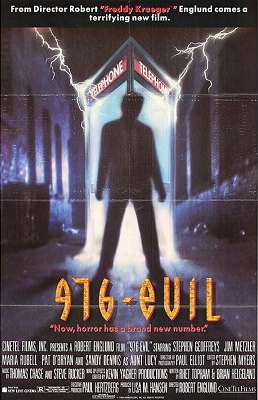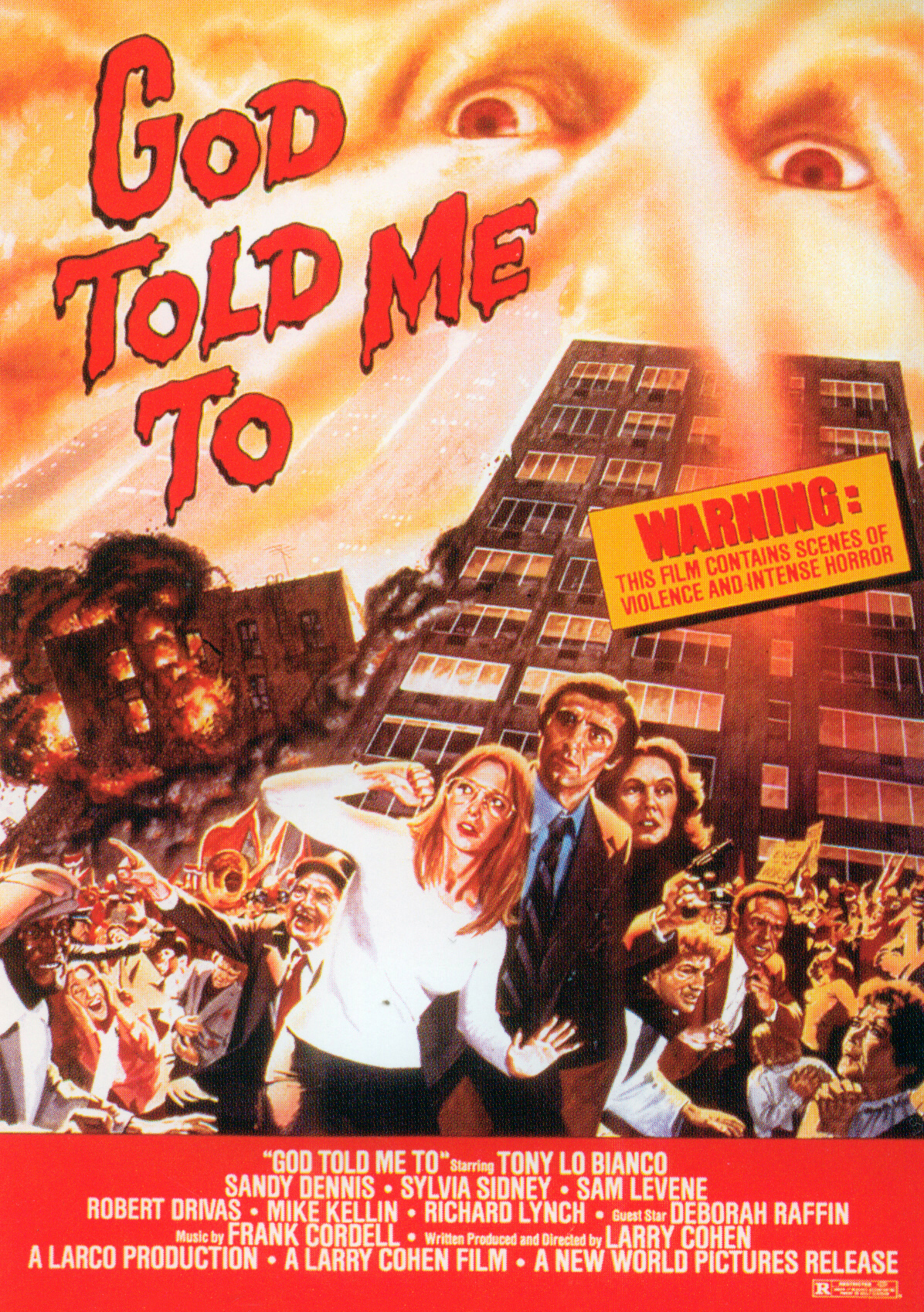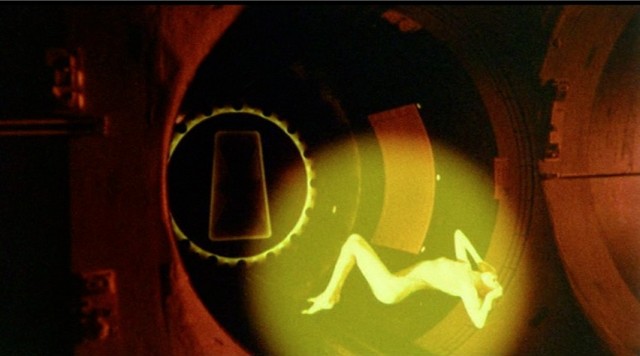An odd little film, 1989’s Parents is.
It takes place in the 50s of the pop cultural imagination, with neatly laid out suburban neighborhoods and perfectly mowed lawns and big cars driving down the street. Nick (Randy Quaid) and Lily (Mary Beth Hurt) seem like the perfect couple. Lily stays at home and spends a lot of time in the kitchen. Nick is an engineer who works for a company called Toxico and who is helping to develop what will become known, during the Vietnam War, as Agent Orange. Nick and Lily are friendly, well-mannered, and they love to eat meat. Lily explains, at one point, that she didn’t really love to eat meat until she married Nick and he showed her how wonderful it could be.
Their son, ten year-old Michael (Bryan Madorsky), is a bit less conventional. He’s a quiet boy who never smiles and who, when asked to draw a picture of his family, freaks out his school’s guidance counselor (played by Sandy Dennis). Michael has frequent nightmares. Michael doesn’t like to eat meat and, in fact, it’s hard to think of a single scene in the movie where Michael is seen eating anything. Michael is haunted by the sight of his parents making love in the living room. He’s also haunted by a growing suspicion that his parents are cannibals.
Are they? Perhaps. It’s hard to say. The first time you watch the movie, it seems deceptively obvious that Nick and Lily are exactly what Michael says they are. The second time, you start to notice a few odd things. For one thing, we never see Michael actually going from one location to another. Instead, he just seems to magically show up wherever he needs to be to hear something that will confirm his suspicions. When his teacher and his guidance counselor discuss his home life, Michael just happens to be in a nearby closet. When his mother is preparing something that looks like it might be a human organ, Michael just happens to be standing in the pantry. Are we seeing reality or are we just seeing what Michael thinks is reality? When Nick starts to threaten Michael and later claims that there’s no way Michael is his son, is he really saying that or is Michael just imagining his fatherr confirming all of Michael’s insecurities? How much of the film is real and how much of it is in Michael’s head?
It’s an odd film, Parents. It’s also the directorial debut of character actor Bob Balaban. Balaban has spent the majority of his career playing shy, slightly repressed characters. Parents, with the withdrawn Michael as the main character, is a film that feels autobiographical. That’s not to say that Balaban’s parents were cannibals but the scenes where Nick goes from being a loving father to an abusive monster are too intense and suffused with too much pain for them to be anything other than personal. Balaban’s direction is heavily stylized. At times, it’s a bit too stylized but ultimately, it works. The final 30 minutes of the film feel like a nightmare that has somehow been filmed.
A satire of conformity and suburbia, Parents is also a portrait of an alienated child struggling to figure out where he fits into his family. He’s given the choice of either indulging in his family’s sins or living life alone. Except, of course, it really isn’t a choice. Nick expects Michael to do what he’s been told, no matter what. Randy Quaid and Mary Beth Hurt are both terrifying as the parents but, at the same time, Balaban makes good use of the fact that both of those performers — at least at the time this movie was made — were naturally likable. You want Nick to be the perfect father that he pretends to be and you share Michael’s anger and disillusionment when he turns out to be something very different.
Parents may be a strange film but it’s not one that you’re going to forget.






